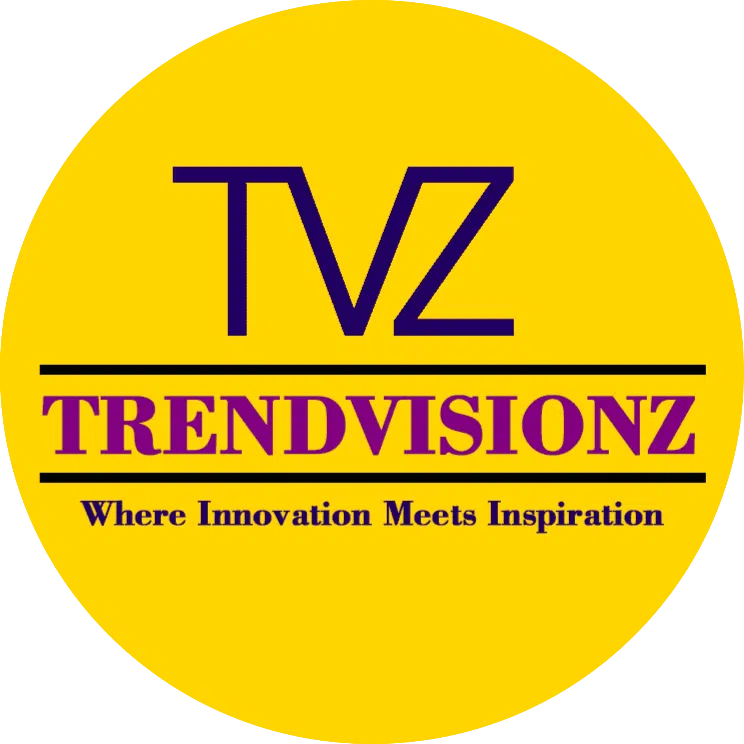We frequently find ourselves at a crossroads in our professional lives, unsure where to turn next. Should we stay put and keep climbing the corporate ladder, or should we make a change? Many people believe that furthering their knowledge is the answer. The benefits of continuing education are apparent, whether it’s a master’s degree, professional certification, or specialized training. It can give you new chances, improve your skills and knowledge, and even boost your earning potential. But is it usually the best option?

With the expense of schooling rising and the job market becoming more competitive, it’s critical to carefully assess the pros and cons. In this post, we’ll look at whether additional education is the key to unlocking your career potential and offer advice on making an informed decision.
Also Read:
- Normcore Fashion Trends 2023: Making the Mundane Marvelous
- Embracing Inner Child: Top Strategies & Self-Growth Approach
Understanding your career goals!
It is critical to initially determine your work goals before pursuing higher education. What do you hope to accomplish in your working life? What abilities and expertise are required to get there? Are there any holes in your skill set preventing you from progressing? Answering these questions might help you decide if more study is best for you. The search for financial security is one of the primary reasons why people gravitate toward the gig economy
For example, you may need to learn management, communication, and decision-making abilities if you want to rise to a leadership role. You may need to learn new knowledge and expertise in a different field to shift careers. Once you’ve determined your job objectives, you can investigate the many educational possibilities available.

The Advantages of Continuing Education
There are numerous advantages to furthering one’s knowledge. For one thing, it can offer up previously unattainable prospects. It can also assist you in remaining competitive in a continuously changing employment market and increasing your earning potential. Workers with a master’s degree earn more per year than those with a bachelor’s degree.
Further education can also assist you in developing new skills and expertise that you can use in your existing job, making you a valuable asset to your employer. It can also help you network and develop professionally by linking you with others in your field and keeping you up to date on the newest trends and advances.
Exploring different education options – traditional vs. online courses
One of the first considerations you’ll need to make when considering additional education is whether to pursue traditional or online courses. Traditional classes are normally held on campus, whereas online programs allow you to complete coursework from anywhere with an internet connection.
Both options have advantages and disadvantages. Traditional courses allow students face-to-face interaction with instructors and classmates and access to on-campus facilities such as libraries and career services. Online courses, on the other hand, provide flexibility and convenience by allowing you to finish coursework on your own time.
Ultimately, your choice will be determined by your unique preferences and circumstances. Online classes may be a better alternative if you have commitments such as full-time work or family responsibilities. Traditional classes may be the way to go if you prefer a more structured learning environment and the possibility of in-person interaction.
Considerations Before Pursuing a Higher Degree
Pursuing a higher degree might require a major investment of time, money, and energy, so it’s critical to thoroughly weigh the pros and cons. Before opting to seek a higher degree, consider the following five factors:
- Career objectives: Is a higher degree required to fulfill your career objectives?
- Time commitment: Do you have the time to devote to pursuing higher education?
- Financial considerations: Can you afford a higher degree program’s tuition and other costs?
- ROI: Will a higher degree significantly boost earning potential or job advancement?
- Personal motivation: Do you have the drive and discipline to finish a higher education program?
The expense of additional education
The cost of furthering one’s education is one of the most significant impediments. Depending on the program and institution, tuition and other expenditures can quickly pile up. However, there are other choices available to make college more affordable.
Tuition might be offset through scholarships, grants, and other financial aid programs. Many companies also provide tuition reimbursement programs for employees who want to improve their education. Furthermore, online courses and certificate programs may be less expensive than traditional degree programs.
Before selecting, it is critical to thoroughly investigate and evaluate the costs of various programs. Consider the length of the program, the institution’s accreditation, and any additional costs, such as textbooks and fees.
Choosing the Best Programme for You
Once you’ve decided to further your education, the following step is to identify the best program for you. Your career objectives, personal preferences, and other considerations like location and cost will determine this.
Begin by conducting internet research on various programs and organizations. Look for programs to help you achieve your job goals while providing the necessary skills and expertise. Consider the institution’s reputation, the program’s accreditation, and any hands-on experience or networking opportunities.
Chatting with people in your sector who have gone on to enhance their studies is also a good idea. Inquire about recommendations and guidance on selecting the best program for your needs.

Balancing Work and education: Further education and professional potential
One of the most difficult aspects of seeking additional education while working is balancing both responsibilities. Balancing school and assignments with a full-time job and other obligations might be challenging.
You must be disciplined and organized to make it work. Set aside dedicated coursework time each week and stick to a timetable. Consider using your employer’s flexible scheduling alternatives, such as working from home or altering your hours.
Explaining your educational objectives to your employer and coworkers is equally critical. Inform them of your schedule and any potential conflicts ahead of time so that they can plan properly.
Also Read: Withdrawal of Rs 2000 Notes- Deposit, Exchange and Spend Before Deadline
Opportunities for networking through higher education
One frequently underestimated advantage of continuing education is the potential for networking. You can engage with others in your sector and create useful ties by obtaining a higher degree or attending courses in a specific subject.
Utilize your program’s networking opportunities, including career fairs, guest speakers, and alums events. Join relevant professional organizations and attend conferences and other industry events.
Networking can help you learn about new job opportunities, connect with mentors and peers, and stay up-to-date on your field’s latest trends and innovations.
Success stories – how more knowledge has assisted professionals in reaching their full potential
Numerous success stories of professionals who realized their full potential through additional schooling. Andrew Ng, the founder of the online learning platform Coursera, earned a Ph.D. in computer science from the University of California, Berkeley. This helped him develop the skills and knowledge needed to become a top authority in artificial intelligence.
Another example is Ursula Burns, the former CEO of Xerox Corporation, who earned a master’s degree in mechanical engineering from Columbia University, which helped her rise through the ranks at Xerox and become the first African American woman to lead a Fortune 500 company.
These examples highlight the ability of continuing education to open doors to new possibilities and assist professionals in reaching their goals.
Making a decision: Further education and professional potential
Finally, your decision to further education to increase your professional potential is determined by your circumstances and job objectives. It is critical to thoroughly assess the advantages and cons and consider cost, time commitment, and return on investment.
If you decide to continue your education, be prepared for the challenges and opportunities that will arise. Further education can help you uncover your professional potential and achieve your job goals with hard work and devotion.
Also Read: The Triumph of Women in Business Against All Odds
Conclusion
Finally, further education might be a great tool for unlocking your professional potential. It can provide you with new chances, improve your skills and knowledge, and boost your earning potential. However, before making a decision, it is critical to carefully examine the advantages and negatives.
Consider your professional objectives, personal preferences, as well as other aspects such as cost and time commitment. Research different programs and institutions, and talk to others in your field who have pursued further education. Further education can help you achieve new heights in your professional life with careful planning and preparation.


